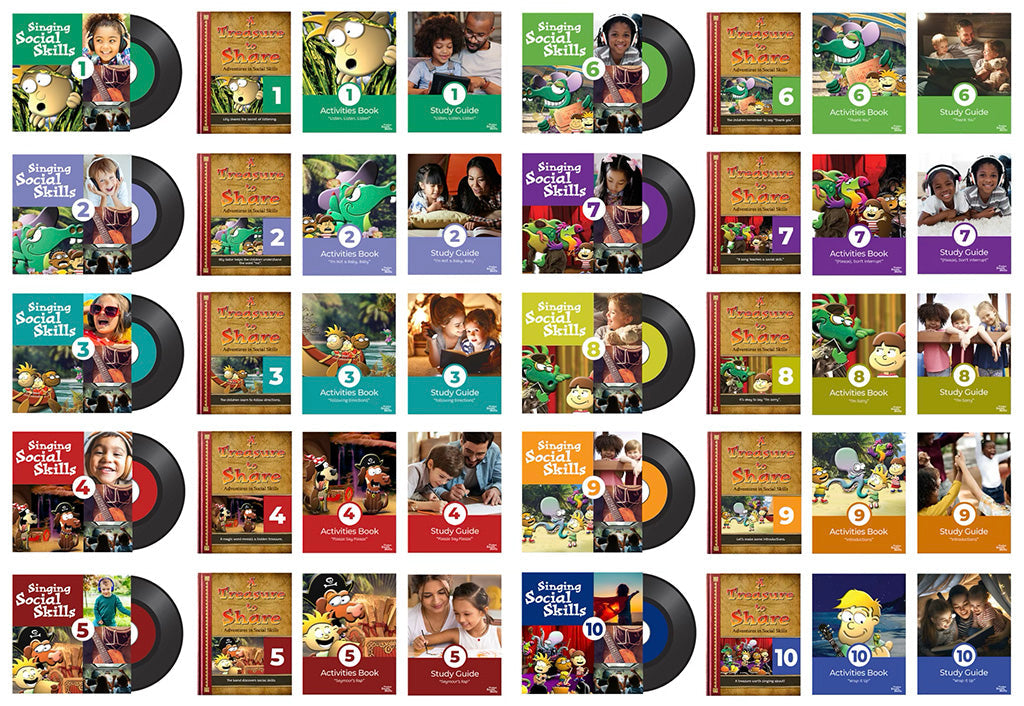
Rhythm and Rhyme: The Connection Between Singing and Early Literacy
Music and language development are closely linked, and singing can play a vital role in building early literacy skills. Rhythm and rhyme in songs help children develop phonological awareness, vocabulary, and comprehension, laying a strong foundation for reading and writing.
How Singing Supports Early Literacy
- Enhances Phonological Awareness Songs emphasize sounds, syllables, and rhymes, helping children recognize patterns in language. This awareness is crucial for decoding words and understanding spelling structures.
- Expands Vocabulary Lyrics often introduce new words in meaningful contexts, making it easier for children to learn and remember them. Singing also reinforces word meanings through repetition.
- Improves Memory and Sequencing Music aids memory retention by combining melody and rhythm with language. Repeated exposure to lyrics helps children practice sequencing, a key skill for storytelling and reading comprehension.
- Develops Listening and Auditory Skills Singing requires focused listening, helping children distinguish between sounds and follow verbal instructions. These skills are essential for understanding spoken and written language.
- Encourages Expression and Creativity Singing encourages children to play with words, experiment with sounds, and create their own lyrics. This fosters imagination and confidence in language use.
Singing Activities for Early Literacy
- Nursery Rhymes and Fingerplays - Reinforce rhyming patterns and hand-eye coordination.
- Call-and-Response Songs - Build listening skills and encourage participation.
- Alphabet and Counting Songs - Support letter and number recognition through repetition.
- Story Songs - Introduce narratives that promote comprehension and sequencing.
Why It Works
Music engages multiple areas of the brain, enhancing cognitive, linguistic, and emotional development. The repetitive and melodic nature of songs provides a low-pressure, enjoyable way to practice literacy skills.
Final Thoughts
Incorporating singing into early literacy activities helps children build essential language skills in a fun and engaging way. Whether through classic nursery rhymes, counting songs, or creative songwriting, music provides a dynamic tool for developing reading readiness. Start singing today and set the stage for lifelong learning!




